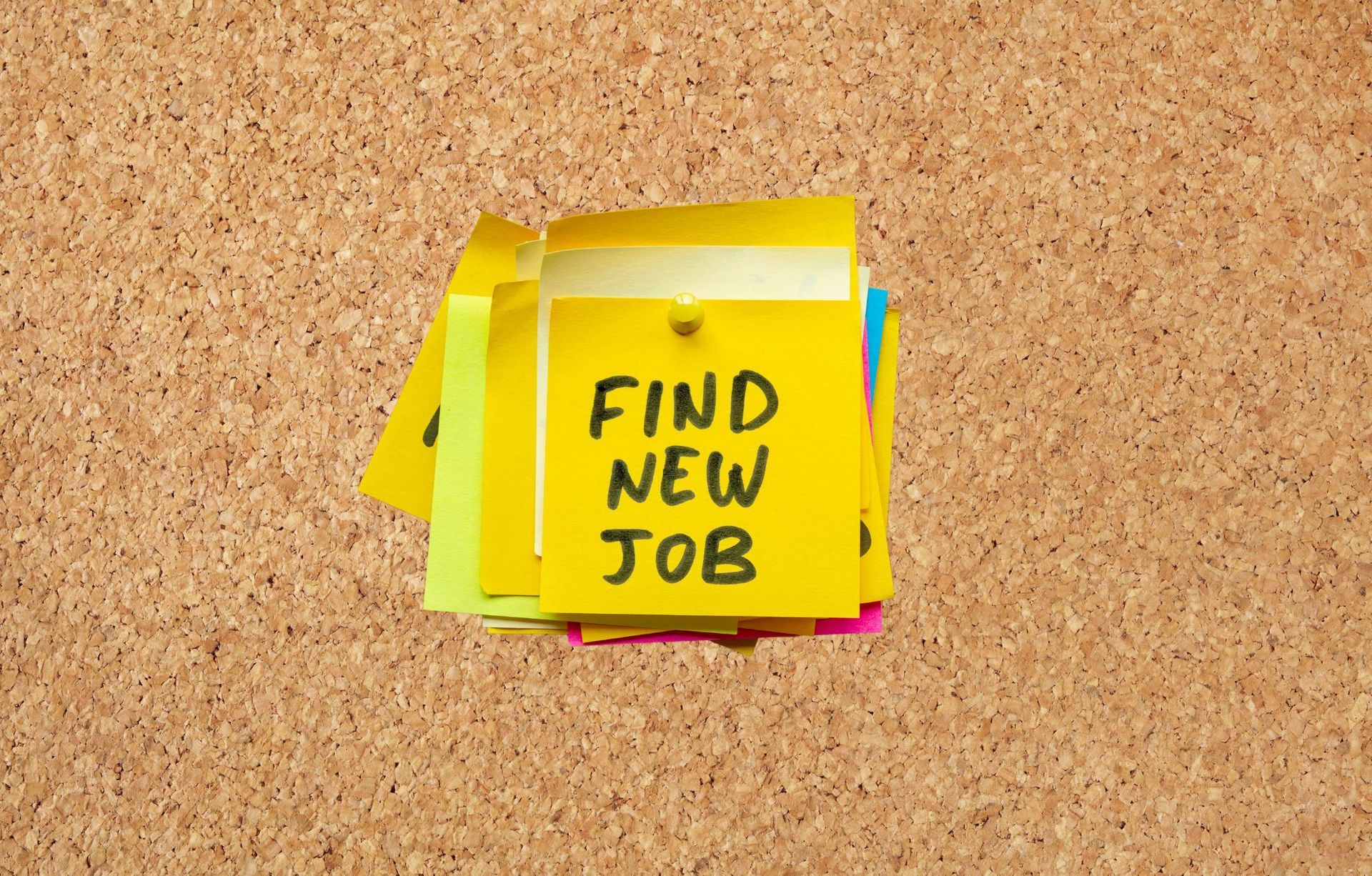How To Decide Whether To Change Jobs
Your job should offer a sense of contentment and the feeling that you're on the right path.
If you’re feeling restless or dissatisfied in any way, sometimes it’s hard to tell whether you’re just having a bad work week or whether there is something deeper at play.
Here, we explore the signs that it might be time to change jobs, some important things to consider, and how to decide whether you should make a switch.
Signs that it's time to find a new job
You're not excited about going to work. Your job should offer you a level of contentment.
Your personal life is affected. Work challenges can sometimes be stressful, but they should be at a level where you can leave the stress at work – it shouldn't impact on your personal life.
You’re not feeling valued. If you are contributing your best ideas and effort into your work, you want to feel valued for it.
Your loved ones have commented that you should find a new job. Your friends and family know you best and can usually tell when something isn't quite right.
Your living situation has changed. Your wage needs to support your basic cost of living needs. If your situation changes and your salary or wages no longer cover your cost of living, consider whether there are higher paying options out there for you.
You daydream about having a different job. Regularly imagining that you have a different job, or even different career, could be a sign that you need a change.
If any of the above applies to you, keep reading…
What to consider before changing jobs
Job satisfaction. Take some time to reflect on your overall contentment and fulfilment at work. Consider whether the work conditions, interpersonal relationships and compensation are working for you.
Your career goals. Consider whether your current job is helping you reach what you hope to achieve in your career. Can your current job lead to the next step in your career path?
Work environment. Is your current organisation a positive workplace that encourages friendly relationships and collaboration? Is the overall culture inclusive, supportive and team-oriented? Is your emotional and physical wellbeing supported?
Professional development opportunities. If you aren't receiving helpful training or constructive feedback, it may take longer for you to reach your professional potential. Does your current employer offer professional development opportunities along with regular feedback?
Progression opportunities. Does your current employer provide opportunities rise from one position to another? Are there leadership opportunities if that’s what you desire? Or even lateral movement opportunities into different roles to learn new skills or receive different benefits or flexibility changes?
Work-life balance. Consider whether the balance between the amount of time and energy you spend on work and work-related tasks (including your commute) versus the time and energy you spend in your personal life works for you. Does this balance sit well with you and fit with your lifestyle?
Offers from recruiters. Have you been contacted by recruiters for available roles in your field? This likely means that you possess desirable skills, qualities or qualifications. Consider these recruiting offers more seriously if you haven’t been - these offers could include a new or better title, opportunity or compensation.
Employee turnover. While people leave jobs for many reasons, if you have recently lost a higher than usual number of colleagues, this could be an indicator that your workplace is unstable or no longer competitive against other employers.
If you’ve considered the above factors and you’re thinking it might be time to move on, what are the steps to take to lock in your decision?
How to decide whether you should change jobs
Make a list of goals. Include short-term professional goals such as having more time in your day or less stress and long-term professional goals including your ideal career and lifestyle. Then briefly outline the steps you need to take to reach these goals and a rough timeline for when you’d like to accomplish them. Does staying at your job help you achieve your goals and timeline?
Identify your primary concerns. It is important to fully evaluate what is going on at work, so you can identify what your primary concerns are. Carefully review the considerations above. If any of these areas are of concern to you, then a job change may be the right decision.
Voice your concerns. After identifying your concerns, let someone at work know how you're feeling. Whether you want to stick with your current employer, or you're thinking of departing, speaking up about your experiences can help you reach your goals and help improve the overall culture and environment at work.
Prioritise your wants and needs. Outline your personal ideal for work and evaluate the personal fulfilment and happiness that stems from your professional life. If your current job satisfies your needs but doesn't include your wants, you may choose to say. If your needs are not being met, then you might consider changing jobs.
Consult others you trust. Speaking with a trusted friend, mentor or family member can help you organise your thoughts and gain clarity. That person may also have helpful insights for you to consider.
And finally….
Decide and take action. After reviewing your goals, feelings and consulting friends or family, you should have a pretty good idea of whether you want to change jobs. If you decide that you want to stay at your current job, then take the necessary steps to try to find satisfaction and contentment at work.
If you decide you want to change jobs, the experienced team at Edge Recruitment can support your search for your next opportunity. We have been connecting the best people in property, real estate and general administration in South Australia for over 26 years. Register as a new candidate or update your details with us, so our experienced team can be in touch when a suitable opportunity comes up.




Contact Us
Quicklinks
Stay updated on the latest news and jobs from Edge by subscribing to our eNews...



Quicklinks
Stay updated on the latest news and jobs from Edge by subscribing to our eNews...



Quicklinks
Stay updated on the latest news and jobs from Edge by subscribing to our eNews...



All Rights Reserved | Edge Recruitment©
Hire Quality Property Staff in Adelaide | Hire Quality Temp Staff in Adelaide | Hire Quality Real Estate Staff in Adelaide | Hire Quality Commercial Property Staff in Adelaide | Hire Quality Residential Property Staff in Adelaide | 2024 Employment and Salary Report | Licences Our Replacement Guarantee | Managing COVID -19 | Referral Incentive Program | Incident Report Form | Privacy Policy | Sitemap
All Rights Reserved
Powered with

by Shazamme.com






